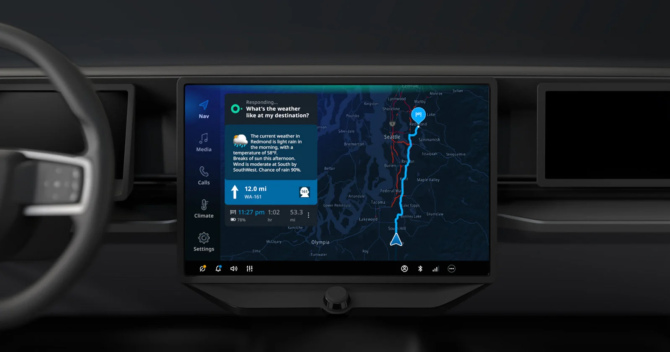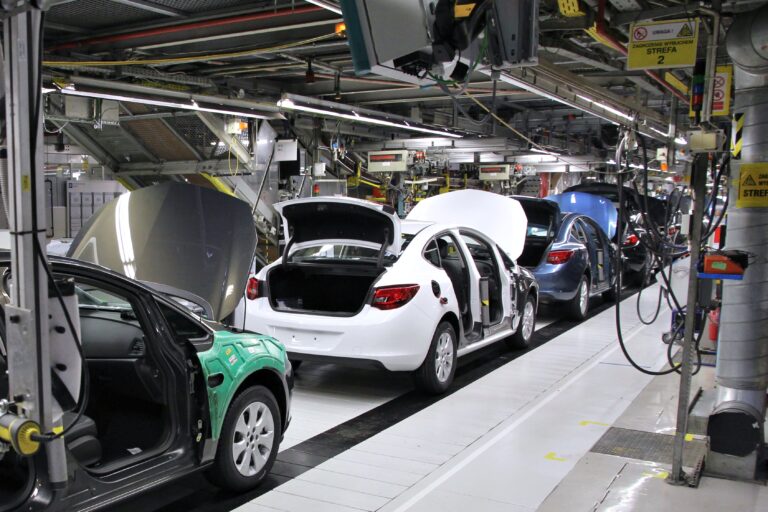A TomTom conversational AI based on Microsoft and OpenAI technology may be seen in future automobiles.
What better use for this emerging technology than driving? TomTom and Microsoft have announced a partnership to develop a “fully integrated” AI driving assistant that could be integrated into your next car. While generative AI has a reputation for being surprisingly advanced, it also has a tendency to go completely crazy.
When GPS first became widely available, TomTom was practically a household name. However, as GPS became more ubiquitous and was included in phones and car head units, its significance decreased. Nevertheless, the company possesses an enormous amount of driving data, which has become even more valuable with the emergence of generative AI. After all, big language models require a lot of data to function.
Since TomTom has had trouble getting businesses to license its technology, this partnership with Microsoft should help. TomTom will have access to the most recent OpenAI language models as well as Microsoft’s Azure cloud infrastructure. The company plans to integrate the AI with its Digital Cockpit platform, which it hopes to sell to automakers.
A properly designed chatbot could be less cumbersome than Google Assistant or Apple Siri, both of which frequently misunderstand commands and can be distracting to use while driving. Being built into the vehicle would also make TomTom’s AI more capable. Smartphone-based systems like Android Auto and CarPlay do not have access to onboard systems, but TomTom’s AI could theoretically provide directions, adjust the AC, and roll up the windows all by itself. TomTom claims that this AI will be more capable than the assistants built into smartphones and allow drivers to converse naturally to get directions and find locations.

Is any of this a good idea? TomTom is not the first to tinker with generative AI in a car; earlier this year, Mercedes launched a short-term test of ChatGPT voice control in its cars. Until then, we will just have to guess at the capabilities of this system. We have seen this new generation of AI bots have in-depth written conversations, but voice interaction is still rare due to AI response processing time. Google recently found itself in hot water after faking the voice conversation in its new Gemini AI demo.

